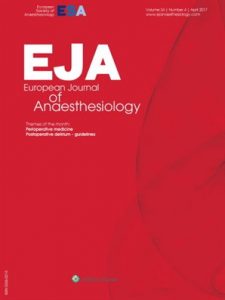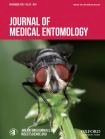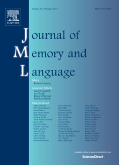 The editors of an anesthesiology journal have retracted a paper about predicting how patients will respond to a procedure, after the results of an investigation cast doubt on the validity and originality of the work.
The editors of an anesthesiology journal have retracted a paper about predicting how patients will respond to a procedure, after the results of an investigation cast doubt on the validity and originality of the work.
According to the retraction notice, the editors became concerned about the validity of the data and conducted an investigation, which found irregularities, “including misrepresentation of results.” Because the authors could not provide adequate evidence to assuage these concerns, the editors decided to retract the paper.
The paper — about which facial muscles best predict if a patient is ready to be intubated — had already been flagged on F1000: A few years ago, two anesthesiologists from Florida commented that they found the article “confusing,” and felt that the authors “did not prove their hypothesis.”
Here’s the retraction notice for “Comparison of four facial muscles, orbicularis oculi, corrugator supercilii, masseter or mylohyoid, as best predictor of good conditions for intubation: A randomised blinded trial,” published in the European Journal of Anaesthesiology in 2013 and cited once: Continue reading Editors retract paper about anesthesia procedure after investigation uncovers data issues







 The University of Tokyo is investigating a 2011 stem cell paper in Cell Cycle, recently retracted over irregularities in four figures.
The University of Tokyo is investigating a 2011 stem cell paper in Cell Cycle, recently retracted over irregularities in four figures.